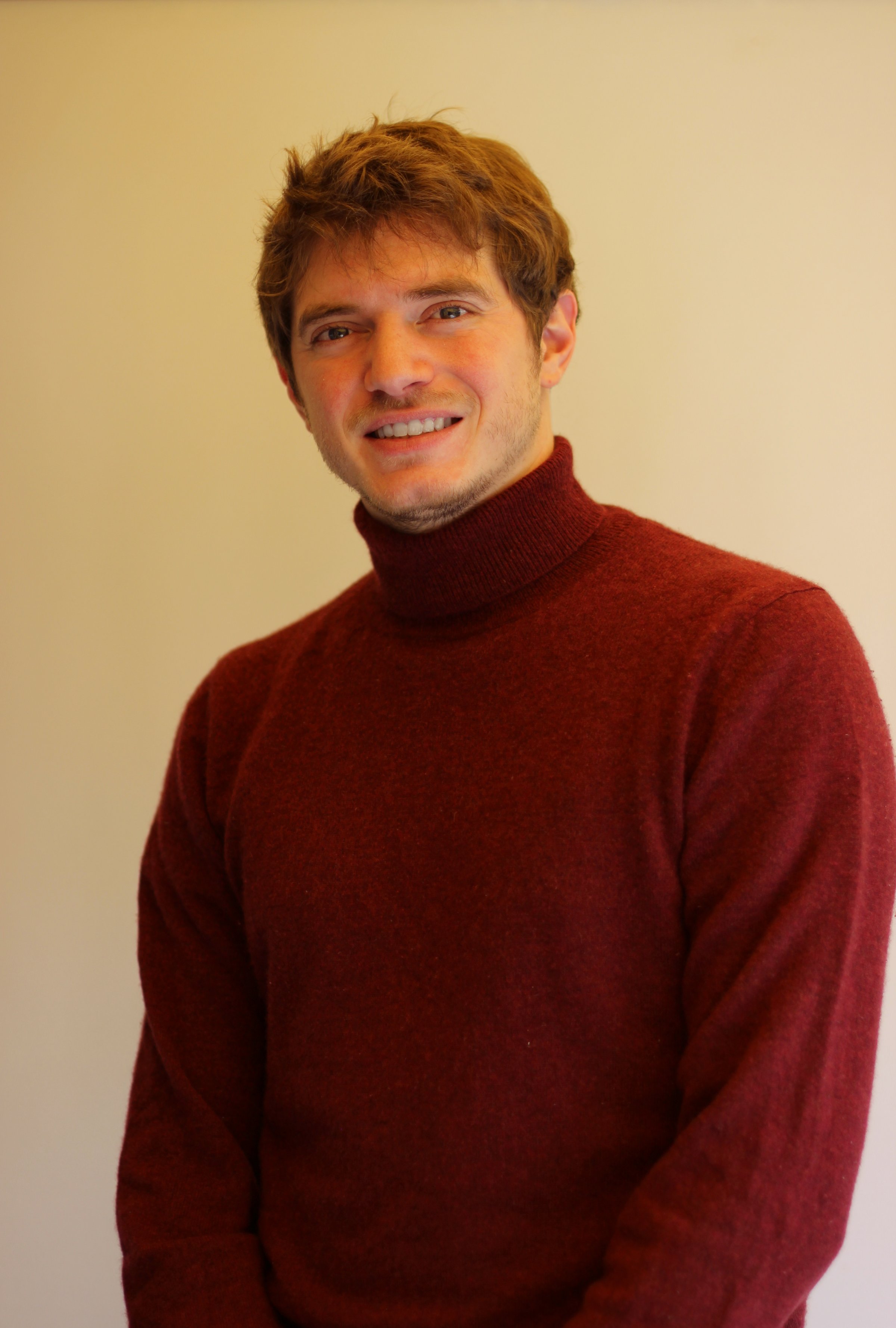December 2, 2022
How robots learn - PhD by Charles Wilmot
Charles Wilmot defended his doctoral thesis on behavioural learning in robotics (Jochen Triesch’s group) on December 2nd 2022.
Traditionally, robots are programmed by human experts to accomplish predefined tasks. Such robots must operate in a controlled environment to guarantee repeatability, are designed to solve one unique task and require costly hours of development. “During my time at FIAS, I studied how the recent advances in Machine Learning with Neural Networks opened the way to novel robotic applications by alleviating these common limitations", Charles explains.
In developmental robotics, researchers try to artificially imitate the way living beings acquire their behaviour by learning. Learning algorithms are key to conceive versatile and robust robots that can adapt to their environment and solve multiple tasks efficiently. But as Charles points out, these algorithms are also interesting from the viewpoint of developmental psychology: "By studying the fundamental principles of learning, machine learning offers a new perspective on the emergence of intelligence, and invites us to think differently about consciousness."
During his PhD, Charles studied in particular Reinforcement Learning (RL) which models the acquisition of skills through teaching via rewards. In his thesis, he introduces modern RL approaches and presents recent advances in RL applied to robotics. His thesis reviews Intrinsically Motivated (IM) learning, a special form of RL, and applies in particular the Active Efficient Coding (AEC) principle to the learning of active vision. Charles studied the problem of unsupervised representation learning from the angle of multimodal integration. And finally, he proposes an overview of Hierarchical Reinforcement Learning (HRL), another special form of RL, and applies its principle to a robotic manipulation task.
Charles has been offered a position within the company Festo, in Stuttgart. There, he will design new Reinforcement Learning algorithms for the control of pneumatically actuated robotic arms, starting in the beginning of 2023.
Publications:
- Wilmot, Charles, Bertram E. Shi, and Jochen Triesch. "Self-Calibrating Active Binocular Vision via Active Efficient Coding with Deep Autoencoders." IEEE 10th International Conference on Development and Learning and Epigenetic Robotics (2020).
- Wilmot, Charles, Gianluca Baldassarre, and Jochen Triesch. "Learning Abstract Representations through Lossy Compression of Multi-Modal Signals." IEEE Transactions on Cognitive and Developmental Systems (2021).
- Wilmot, Charles. "Autonomous Learning Applied to Robotics." PhD Thesis, Goethe University 2022.
